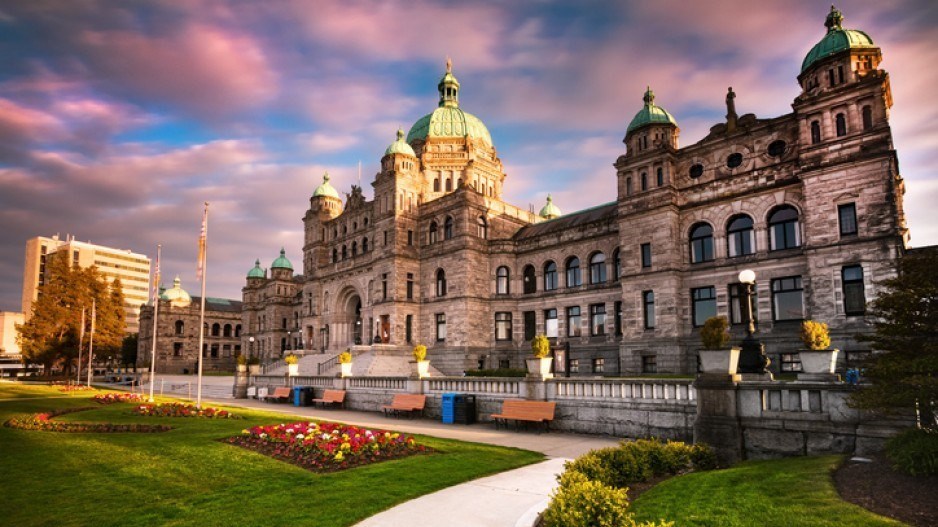In January, B.C. had a dominant incumbent government, a fractured opposition and no political party able to pass the 30-per-cent mark in voting intention.
In May, the situation has changed dramatically. The Conservative Party of BC is now solidly in second place among decided voters across the province, at 32 per cent (up five points since our April survey). The BC NDP is still ahead at 42 per cent (down three points). BC United has dropped to a historic low of 12 per cent (down three points). The former BC Liberals went from being in a statistical tie for second place with the Conservatives in September 2023, to a tie for third with the BC Green Party (12 per cent, up one point) eight months later.
It is now evident that voters who are dissatisfied with the current state of affairs have found a home. The BC Conservatives are currently attracting 39 per cent of voters aged 18 to 34, 33 per cent of those aged 35 to 54 and 26 per cent of those aged 55 and over. The BC NDP currently trails the BC Conservatives among the province’s youngest voters (34 per cent) but leads among those aged 35 to 54 (38 per cent) and aged 55 and over (50 per cent).
On a regional basis, the BC NDP holds sizable leads over the BC Conservatives in Metro Vancouver (40 per cent to 30 per cent) and Vancouver Island (49 per cent to 39 per cent). The BC Conservatives are now statistically tied with the BC NDP in Northern B.C. (40 per cent to 38 per cent), Southern B.C. (37 per cent to 39 per cent) and the Fraser Valley (39 per cent to 40 per cent).
British Columbians are more likely to be considering casting a ballot for the BC NDP (53 per cent, down one point) or the BC Conservatives (42 per cent, up one point) than for the BC Greens (35 per cent, down two points) or BC United (33 per cent, down four points). This is yet another data point that solidifies the two-party narrative.
Opposition parties aspire to be seen as “governments-in-waiting.” At this stage, the approval rating for Premier David Eby stands at 54 per cent (up three points) and the three other leaders are significantly behind: John Rustad of the BC Conservatives with 37 per cent (up two points), Sonia Furstenau of the BC Greens with 35 per cent (down two points) and Kevin Falcon of BC United with 31 per cent (down five points). Voters are giving Rustad’s party a long, hard look, but he is not yet perceived as the deliverer of change.
Only a third of British Columbians (33 per cent, down six points) would like to see BC United and the BC Conservatives merge before the provincial election. This includes almost half of those who intend to vote for the BC Conservatives (49 per cent) or BC United (47 per cent). The base is not clamouring for a single option on the ballot.
A merger would be challenging. Aside from the obvious tension between the party leaders, there is the thorny issue of what to do in ridings where each party has already nominated candidates.
The provincial election that appeared to be a foregone conclusion is now decidedly competitive. If the numbers tighten before the campaign begins, connecting on issues will be crucial for both Eby and Rustad. Housing, homelessness and poverty remains the most important one (40 per cent, up three points), followed by health care (21 per cent, unchanged) and the economy and jobs (18 per cent, up three points). In the past year, we have asked 4,001 voters about the most important issue facing British Columbia. Not one of them has written anything remotely similar to “relying on biological sex to classify participants in publicly funded sports teams and events.”
Mario Canseco is president of Research Co.
Results are based on an online study conducted from May 13-15, 2024, among 800 adults in B.C. The data has been statistically weighted according to Canadian census figures for age, gender and region in B.C. The margin of error is plus or minus 3.5 percentage points, 19 times out of 20.





